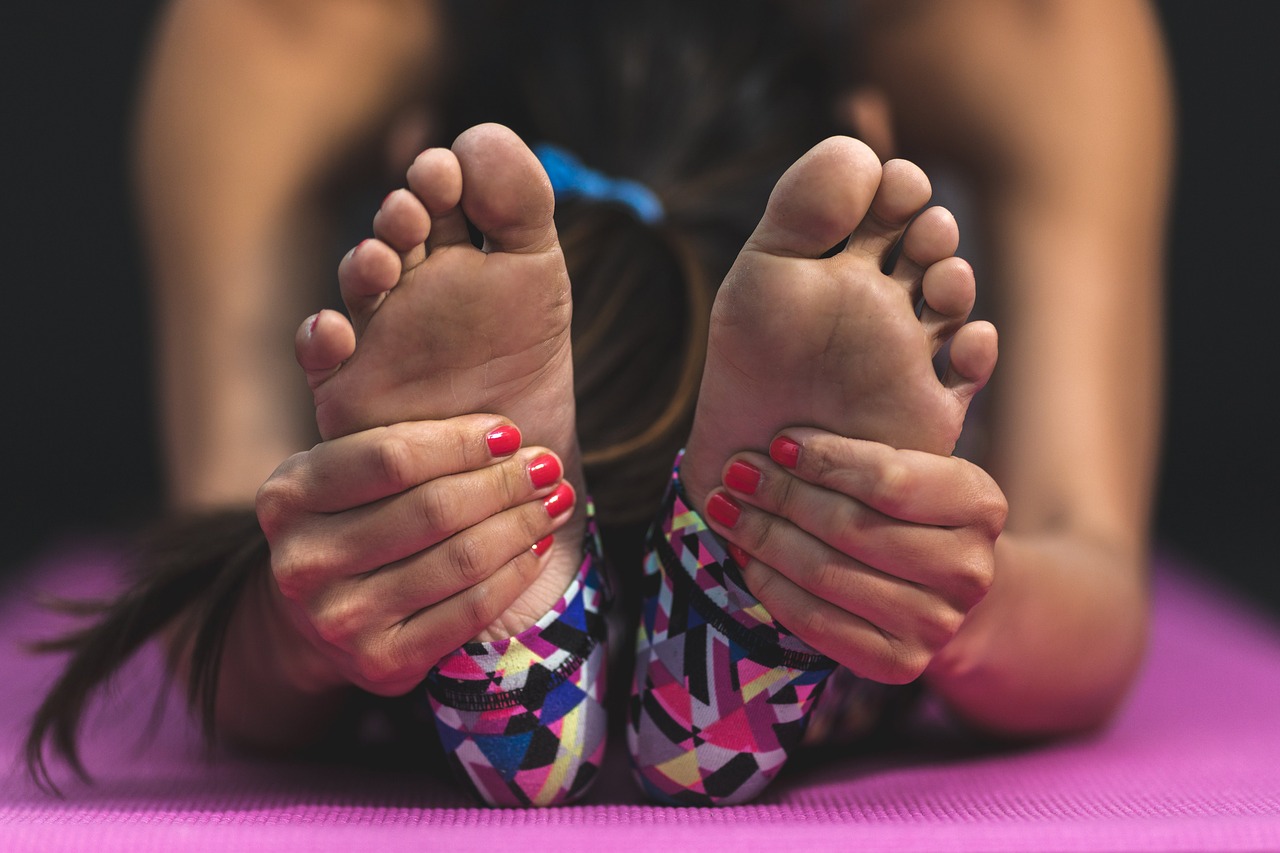

It may seem bizarre that I would write an article about physical inactivity and athlete mental health, but keep in mind that not every athlete is an active one. Whether due to playing status, injury, or even a loss of interest in his or her sport, sometimes the person isn’t as active as they once were. Another reason someone might no longer be an active athlete is an emotional or mental health issue that interferes with his or her desire or ability to compete. Whatever the reason is, physical inactivity can derail an individual’s mental health.
I say, “once an athlete, always an athlete” meaning that if your body, and everything within it, is used to physical activity, there’s even more of a reason to stay active. Your body and mind are even more accustomed to that release so not exercising can really have an effect on your mental health. This doesn’t mean that you have to be competing or training at high intensities to reap the benefits. It just means there’s a ton of benefits to keeping your body active.
More and more, I’m reading articles about how exercise is being prescribed as a part of the treatment plan for patients with mental health issues like depression and anxiety. To be clear, I’m not necessarily talking about competing, just plain old-fashioned exercise that gets your body moving and releases those important chemicals and hormones.
It’s science, ladies and gents. Studies have shown that exercise increases oxygen to the brain, increases growth factors in the brain, reduces stress hormones, and basically just really helps bring out the good chemicals and hormones in your brain. Now, I’m not a scientist, neurologist, biologist, psychologist, or really any “ist,” but I know enough from my own experience to recognize that exercise is absolutely critical to maintaining mental health. Inactivity equals more disruptive mind/thoughts/emotions.
I find that when I move my body, my mind is less focused on overwhelming thoughts and feelings. There’s just simply not enough energy to be completely in my head and in my body all at the same time. The emotional relief may not happen quickly, but when you exercise, you’re forced to focus on your body and therefore, you have to let go of some of the other stuff on your mind. Sometimes, if I’m feeling particularly anxious, I hit the gym or go on a walk just to boost my confidence that I accomplished something. Plus, I really do feel better afterward.
I get it though. Sometimes exercise is the last thing you want to do or maybe you feel limited due to a physical injury. There are ways to make exercise more enjoyable. You may want to:
If you’re injured, there may be other ways that you can move your body and get out of your head. For example, EFT tapping, stretching, or even mindful movement, which is just doing simple movements like raising your arms above your head and back down again while concentrating on inhaling and exhaling.
The bottom line is there are a lot of ways to motivate yourself to exercise, enjoy your workout, and gain the mental health benefits that go along with it. Be sure to be consistent. You don’t have to do the same workout over and over, but get moving every day if you can. Even if you just have 15 minutes to go for a jog or you only have enough energy for a 10-minute walk, go! Just don’t let days go by without getting the benefits of those feel-good natural boosts that come with exercise.
Want to chat more about mental health tools? Contact me here.
Every athlete knows the importance of rest and recovery. However, many athletes experience issues like…
It’s safe to say that Jayden Daniels is having an outlier rookie season in the…
Photo by Tony Schnagl Comparison is a natural part of the athletic journey. Every athlete…
Photo by Marcel Strauß on Unsplash Emotions. We all have them. Sometimes they are simple…
Image by 3D Animation Production Company from Pixabay Just before the start of the 2024…
Photo by Rodolfo Clix In combat sports like MMA and boxing, it might be surprising…